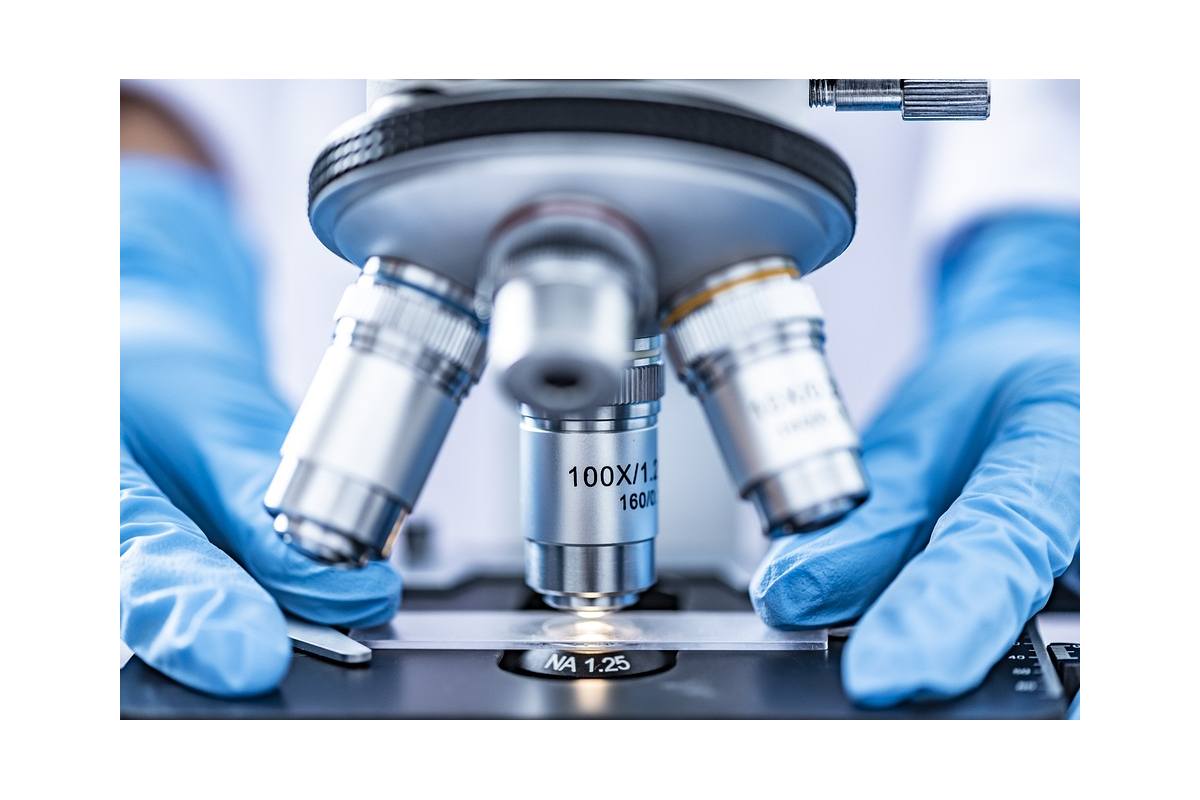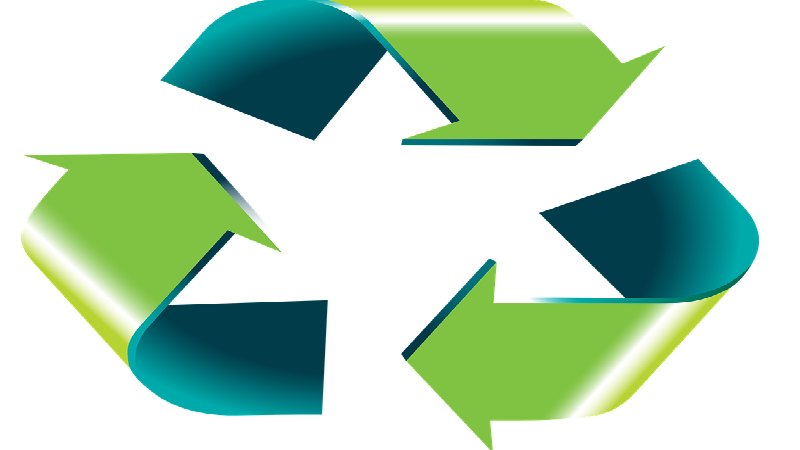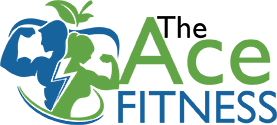
The Human Body’s Need for NAD+
The human body is a very complex machine made of essential parts in all shapes and sizes. Did you know that tiny molecules found inside our cells are some of the most important ones? Let’s zoom into the cellular world of our bodies.
Table of Contents
What is NAD+?
NAD+ stands for nicotinamide adenine dinucleotide. It is a molecule that helps in energy metabolism, DNA repair, and activation of NAD+-dependent enzymes. It’s produced naturally in our bodies, but production tends to slow down as we get older. This can lead to age-related diseases.
Are NAD+ and NADH the same?
You may have heard of a similar-sounding molecule called NADH. NAD+ and NADH are not exactly the same, but they aren’t all that different either. NADH is nicotinamide adenine dinucleotide with a hydride—a hydrogen atom holding on to a negatively charged electron.
NAD+ is an electron carrier. This means it can pick up these hydride electrons and drop them off elsewhere in the cell. This also makes NAD+ and NADH oxidation-reduction molecules. Oxidation is when a molecule loses electrons, while reduction is when a molecule gains electrons. Essentially, NAD+ is the oxidized state, while NADH is the reduced form of NAD+.
The transport of electrons is key to the human body’s metabolic processes. NAD+ carries the electrons (turning it into NADH) that come from broken-down glucose. Following metabolic pathways, NADH transfers them to the enzymes in the mitochondria. This then produces energy in the form of ATP. Both mitochondrial NAD+ and NADH are necessary for energy metabolism overall.
Cellular NAD+ against age-related diseases

Our NAD+ levels get lower as we age, which can lead to certain conditions associated with older adults. These include metabolic disorders, weakened muscle functions, cancerous tumors, and an overall decline in cognitive function due to brain aging (which can lead to Alzheimer’s disease).
NAD+-dependent enzymes such as sirtuins, PARPs, and NADases consume NAD+. Of these enzymes, sirtuins are particularly notable. Sirtuins are metabolic regulators that help in DNA repair and cellular stress responses. These guardian proteins contribute to cellular health and help slow down the aging process.
Both sirtuins and NAD+ are vital to many metabolic processes, which slow down with age. Moreover, higher NAD+ levels can lead to healthier metabolic reactions and fewer metabolic disorders.
How do we get more nicotinamide adenine dinucleotide?
NAD+ is naturally occurring, constantly getting synthesized and recycled. Some cells in our liver can even make it from scratch through the food we consume. Several metabolic pathways can create NAD+; a notable one is the salvage pathway.
The salvage pathway is an NAD+ recycling pathway. Once NAD+ is consumed by enzymes, it can turn back into NAD+. When finished, NAD+ turns into NAM (nicotinamide) as a byproduct of the enzymes involved. The salvage pathway’s first step involves converting NAM to NMN (nicotinamide mononucleotide). The second step involves the conversion of NMN to NAD+.

For older adults, the natural production of NAD+ may not be enough. Eating the right food, drinking water, and taking certain supplements can help NAD+ metabolism, but they do not provide equal value. If you want a more potent production of NAD+, it’s possible to use NAD+ precursors, particularly NMN supplements.
NMN or nicotinamide mononucleotide is a precursor to nicotinamide adenine dinucleotide. This means that NMN can be converted intom NAD+ molecules, as seen in the salvage pathway. Introducing NAD+ dire ctly will not integrate well with the body. NMN supplementation is more effective since it can be used by the body to create NAD+ through the different pathways of NAD+ metabolism.
Clinical trials are still ongoing for the efficacy of NMN supplementation in humans. However, NMN supplements do exist in the market and are safe to consume. The results and research in this field look very promising as well. It is still recommended to get professional medical advice before taking any NAD+ supplements.
NAD+ is necessary to maintain our health and combat age-associated diseases. While more human research and clinical trials are needed for NAD+ supplementation, the future looks bright. For more reliable information related to NAD+ research, check out NAD.com



